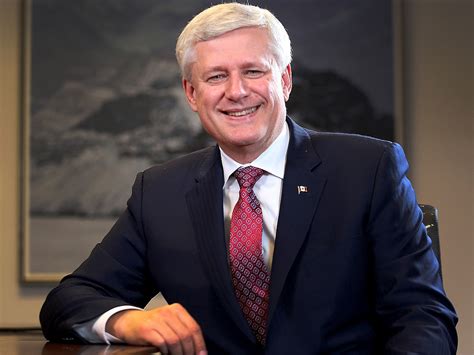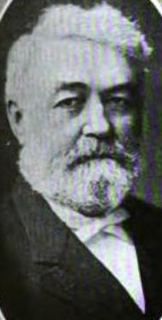A Quote by Dylan Moran
The measure of a conversation is how much mutual recognition there is in it; how much shared there is in it. If you're talking about what's in your own head, or without thought to what people looking and listening will feel, you might as well be in a room talking to yourself.
Related Quotes
The most influential person in the room isn't the one who is being a bully, talking loudly, and imposing him- or herself on others. Surrendered people understand that true power comes from being respectful and listening. Surrendered people know themselves and are empathetic toward others. They don't measure themselves by how much they are liked, nor do they compete for attention. When they sit quietly in a room, others always seem to come to them.
Street politics is what happens in our everyday life, living in the bando. It's the environment around us and what we doing in the streets. We [Migos] talking about how many snakes there are in the grass and talking about how people can hurt you, and talking about how that can help you gain knowledge.
As a writer I'm committed to exploring what I call "The invisible things" - the things that people aren't talking about. I think that's where the juiciest conversations and the juiciest drama lives. My goal with the series is to get people talking about and reflecting on how issues of race play out in their own lives. Since I've spent a fair amount of time watching time travel shows and movies where the leads are White (and can blend in really easily no matter the time period) I thought I would turn that on its head and see what might happen.
Interesting thing that is happening in American society is that people are starting to talk about money. I don't know how you feel about this, but for a long time, nobody was talking about money. It was a secret. And it's kind of very interesting because we do lots of stuff to portray to people about how much money we have, the clothes we wear and the cars we have and the house - they all kind of depict to other people, signal how much money we make, but we don't talk about it specifically.
The sea's only gifts are harsh blows, and occasionally the chance to feel strong. Now I don't know much about the sea, but I do know that that's the way it is here. And I also know how important it is in life not necessarily to be strong but to feel strong. To measure yourself at least once. To find yourself at least once in the most ancient of human conditions. Facing the blind death stone alone, with nothing to help you but your hands and your own head.
And I don't care if you're talking about things that are true, you're still talking about my personal life. How about I go peek in your window, take what underwear you wore last night, whose husband you were fucking, and shove that in the megaphone throughout your neighborhood? How does that feel? It's none of your goddamn business.


































